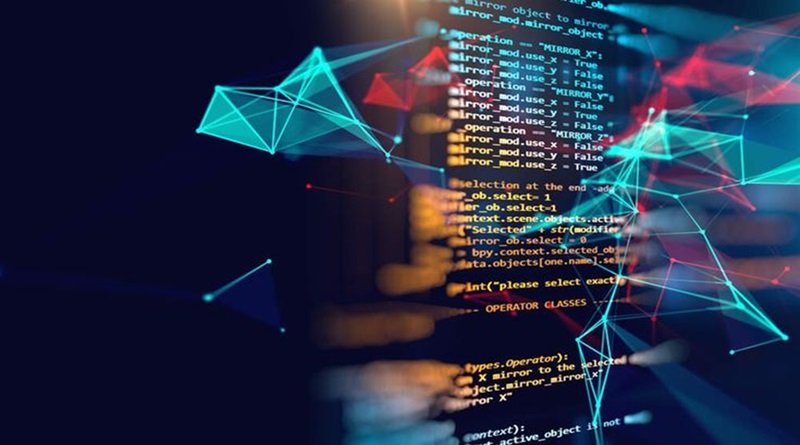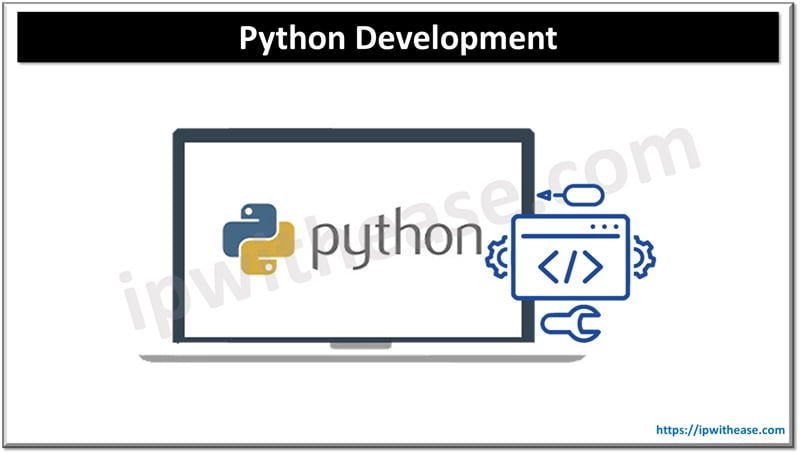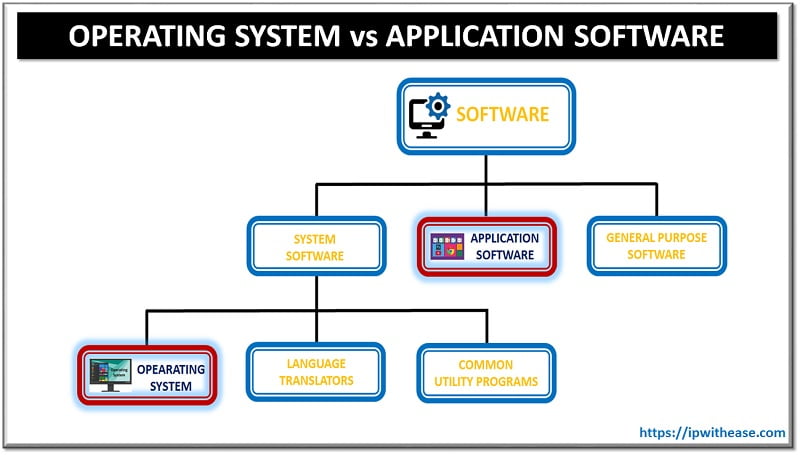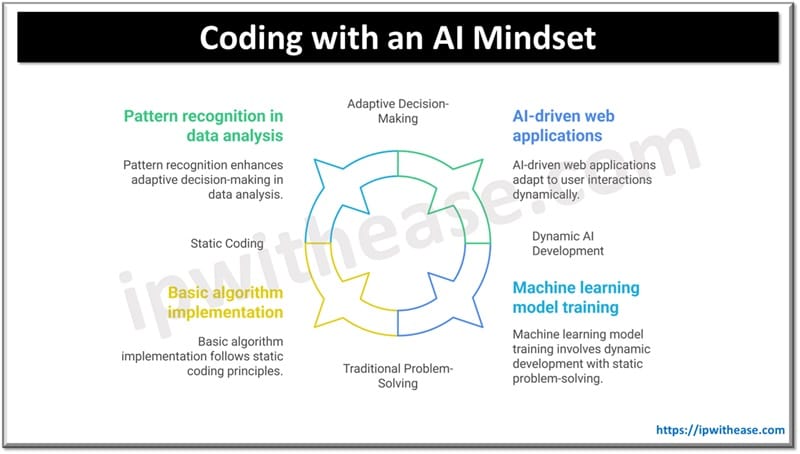Table of Contents
As the pace of technological advancement accelerates, staying updated on the emerging trends in software development are crucial for developers and tech freaks. From artificial intelligence to Quantum Computing, these technological developments have just started realizing new avenues for innovation. In this article, we will discuss the top five emerging technologies shaping software development’s future.
What’s New in the World of Software Development?
Emerging trends and technologies are the most upcoming wave of progress in software development. Technologies hold the keys to understanding these for any firm to remain relevant and ahead of the evolving tech landscape. With new methodologies springing up every day, keeping up can become really difficult, and using a custom software development company can produce fast, reliable results.
Top 5 Trends Transforming Software Development

1. Artificial Intelligence & Machine Learning
Artificial Intelligence and Machine Learning have become an intrinsic part of many software applications. AI systems may imitate human intelligence in performing tasks, while ML algorithms allow software to learn from its data and improve over some time. Some of the use cases of AI & ML are:
- Predictive Coding: AI algorithms can help in predicting or preventing potential coding errors or improving existing ones.
- Automated Testing: With the help of ML-driven tools, test cases can be created and executed automatically, thereby improving software quality.
2. Quantum Computing
Quantum computing is the paradigm shift from classical computing. It utilizes quantum bits or qubits to process complex computations efficiently. Quantum computers shall perform intricate problems—mainly cryptographic challenges and optimization problems—by orders more efficiently than classical computers. New programming languages and frameworks are being developed that shall harness the quantum algorithms. IBM and Google are leading in quantum research.
3. Blockchain Technology
Blockchain technology ensures secure and transparent transactions through decentralized ledgers. Some areas that blockchain technology is projected to affect include supply chain management, digital identity verification, and DeFi. Some of the blockchain technology use cases are:
- Smart Contracts: It involves automated self-executable contracts that enforce an agreement without the need for intermediaries.
- Decentralized Apps (dApps): dApps create applications which run on peer-to-peer networks thereby making them more secure as opposed to relying on central servers
4. 5G Technology
5G is the next generation of mobile network technology. It is much faster with less latency than its predecessors. Many companies are exploring 5G for a diverse array of applications from smart cities to sophisticated telemedicine. Some advanced implications for software development that make this technology important for 5G are:
- Improved Data Transfer: It provides real-time data processing and flawless connectivity to IoT devices.
- New Opportunities: It allows breakthroughs in AR and VR apps.
5. Edge Computing
Edge computing refers to a computational model that allows data processing and storage to be relocated right at the source or closer to it. It thereby reduces latency and bandwidth usage by handling data locally rather than in centralized cloud data centers. Thus, the key advantages of Edge computing are:
- Low Latency: Critical for applications requiring immediate data processing, such as autonomous vehicles and industrial automation.
- Real-Time Data Processing: This will improve performance for IoT devices and real-time analytics.
Edge computing is being used in diverse sectors from manufacturing and healthcare to smart infrastructure.
How These Technologies Affect Software Development
Understanding these technologies and their combination can make a huge difference in one’s mindset about how to solve problems and drive innovation in products. Careers in artificial intelligence, quantum computing, blockchain, 5G, and edge computing will be some of the most demanded sets of skills and hence specialization and career growth will be promising. Each technology augments the possibilities of learning as following:
- AI & ML: Familiarity with data science concepts and tools
- Quantum Computing: New programming paradigms, quantum algorithms.
- Blockchain technology: This helps us learn about smart contract development, dApps, and blockchain.
- 5G technology: This will help us learn about its impact on networked applications and IoT.
- Edge Computing: The technology helps to learn about distributed computing and real-time data processing.
Real-World Use Cases
These are just some of the real-world use cases of emerging technologies across multiple industries that showcase a roadmap to future innovations.
- AI-powered insights are changing medical diagnostics with IBM’s Watson.
- Google’s Sycamore processor created quantum supremacy, powering complex problems at speeds unthinkable to classical computers.
- The smart contracts of Ethereum are making a difference in DeFi applications.
Staying Ahead in the Fast-Paced World of Tech
Rapidly changing technology requires continuous learning and adaptation. Grasp these emerging technologies, and this will push you to the forefront among software development companies—not only improving your skills but also moving you to the leading edge of progress.
ABOUT THE AUTHOR
IPwithease is aimed at sharing knowledge across varied domains like Network, Security, Virtualization, Software, Wireless, etc.



